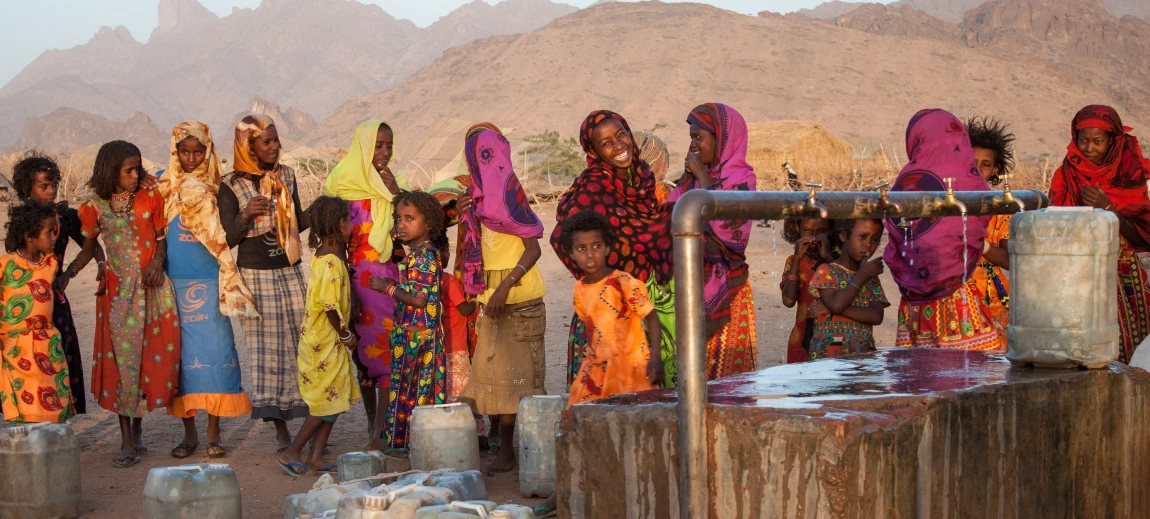 The evening water collection in the village of Halayat, Sudan. Photo: Sarah Farhat/ The World Bank
The evening water collection in the village of Halayat, Sudan. Photo: Sarah Farhat/ The World Bank
Every year on March 22nd, people around the globe come together to observe World Water Day, a day dedicated to raising awareness about the importance of freshwater and advocating for the sustainable management of water resources. For Africa, this day holds particular significance as the continent faces numerous challenges related to water access, sanitation, and hygiene.
Water is essential for life, and yet millions of people across Africa lack access to clean and safe water. According to UNICEF, approximately 319 million people in sub-Saharan Africa do not have access to improved reliable drinking water sources. This not only poses significant health risks but also perpetuates a cycle of poverty and inequality.
One of the primary reasons why Water Day is crucial for Africa is because clean water is fundamental for good health. Without access to safe drinking water, communities are at risk of waterborne diseases such as cholera, typhoid fever, and diarrheal illnesses, which disproportionately affect children and the most vulnerable members of society. By raising awareness about the importance of clean water and sanitation, World Water Day serves as a platform to advocate for the implementation of sustainable solutions to address these health disparities.
Furthermore, water scarcity is a pressing issue in many parts of Africa, exacerbated by factors such as climate change, population growth, and inadequate infrastructure. As water resources become increasingly strained, conflicts over access to water are likely to escalate, threatening stability and exacerbating existing social and political tensions. World Water Day provides an opportunity to highlight the importance of water conservation and sustainable water management practices to mitigate the impacts of water scarcity and promote peaceful coexistence.
In addition to health and environmental concerns, access to clean water is essential for socio-economic development. Lack of access to water disproportionately affects women and girls, who often bear the responsibility of collecting water for their families, a task that can consume valuable time and energy, limiting their opportunities for education and economic empowerment. By ensuring universal access to clean water and sanitation, societies can unlock the potential of their citizens, particularly women and girls, leading to improved livelihoods and economic growth.
Water is at the core of our development agenda. As we celebrate this day, let us renew our commitment to working towards a future where every individual in Africa has access to clean and safe water, ensuring a healthier, more equitable, and sustainable world for generations to come.


Join the Conversation